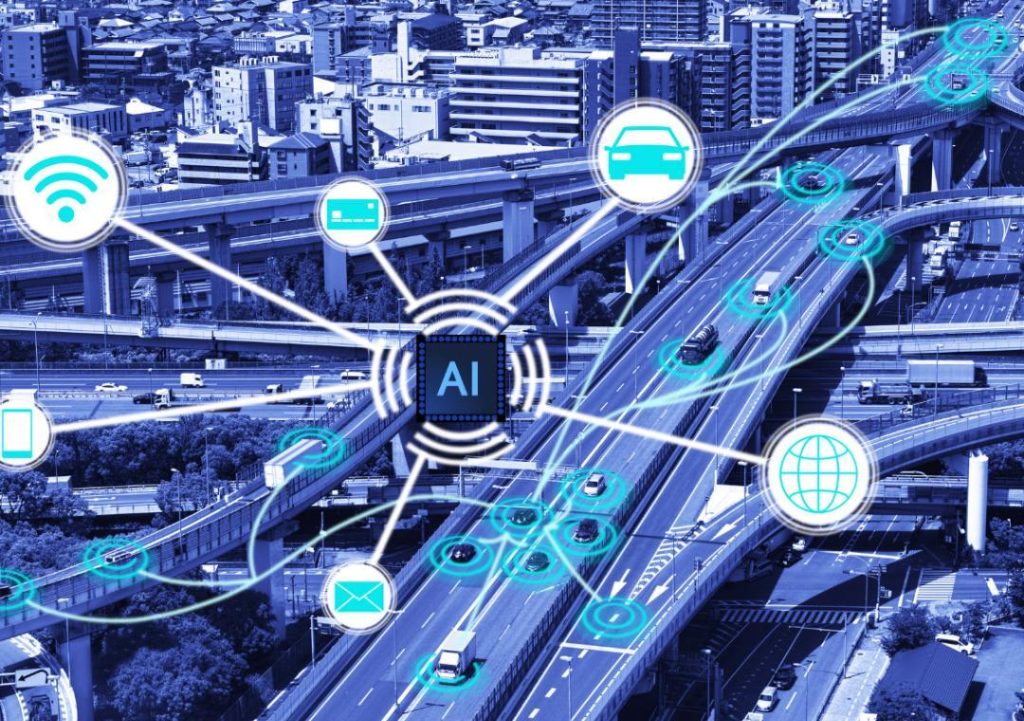
AI Agents Get Smarter: Autonomous Workflows Now Possible
In recent years, Artificial Intelligence (AI) has made tremendous progress in augmenting human capabilities, transforming businesses, and revolutionizing industries. One of the most significant advancements in AI is the development of AI agents that can reason, make decisions, and act autonomously. These intelligent assistants are no longer just reactive bots, but proactive co-workers that can complete complex tasks without continuous prompts. In this blog post, we’ll explore the evolution of AI agents, their capabilities, and the opportunities they present for streamlining operations across industries.
The Evolution of AI Agents
Traditional AI agents were designed to perform specific tasks, often in a scripted manner, without the ability to reason or make decisions. They were reactive, responding only to explicit instructions or predefined rules. However, the latest advancements in AI have enabled the development of more sophisticated agents that can analyze complex situations, adapt to new information, and make informed decisions.
Reasoning Capabilities
One of the key features of modern AI agents is their ability to reason. This means they can draw conclusions from data, identify patterns, and make predictions based on their understanding of the world. Reasoning capabilities allow AI agents to tackle complex problems, such as decision-making, planning, and problem-solving, which were previously the exclusive domain of humans.
Decision Logic
AI agents can now make decisions using decision logic, which is a set of rules and algorithms that enable them to evaluate situations and choose the best course of action. Decision logic is based on a combination of human expertise, data analysis, and machine learning algorithms, which allows AI agents to learn from experience and adapt to new situations.
Built-in Autonomy
Another significant feature of modern AI agents is their built-in autonomy. This means they can operate independently, making decisions and taking actions without the need for continuous human intervention. Autonomy is achieved through the integration of advanced algorithms, such as reinforcement learning and deep learning, which enable AI agents to learn from experience and adapt to changing environments.
The Power of Autonomous Workflows
The combination of reasoning capabilities, decision logic, and built-in autonomy enables AI agents to complete complex tasks without continuous prompts. This has significant implications for businesses, as it allows them to automate workflows, streamline operations, and increase efficiency.
Use Cases Across Industries
AI agents are being applied across various industries, including:
- Customer Service: AI agents can analyze customer queries, identify patterns, and provide personalized responses, freeing up human customer support agents to focus on more complex issues.
- Supply Chain Management: AI agents can monitor inventory levels, predict demand, and optimize logistics, reducing costs and improving delivery times.
- Healthcare: AI agents can analyze medical records, diagnose diseases, and develop treatment plans, reducing the workload of healthcare professionals and improving patient outcomes.
- Finance: AI agents can analyze financial data, identify trends, and make investment recommendations, freeing up financial analysts to focus on high-value tasks.
Benefits for Businesses
The benefits of AI agents are numerous, including:
- Increased Efficiency: AI agents can automate repetitive tasks, freeing up human resources for more strategic activities.
- Improved Accuracy: AI agents can analyze large datasets and identify patterns, reducing errors and improving decision-making.
- Enhanced Customer Experience: AI agents can provide personalized responses, improving customer satisfaction and loyalty.
- Cost Savings: AI agents can reduce labor costs, improve operational efficiency, and minimize waste.
Conclusion
In conclusion, AI agents are evolving from reactive bots to proactive co-workers, capable of completing complex tasks without continuous prompts. With reasoning capabilities, decision logic, and built-in autonomy, AI agents can analyze, adapt, and act – streamlining operations from research to execution across industries. As AI technology continues to advance, we can expect to see even more innovative applications of AI agents in various industries.






